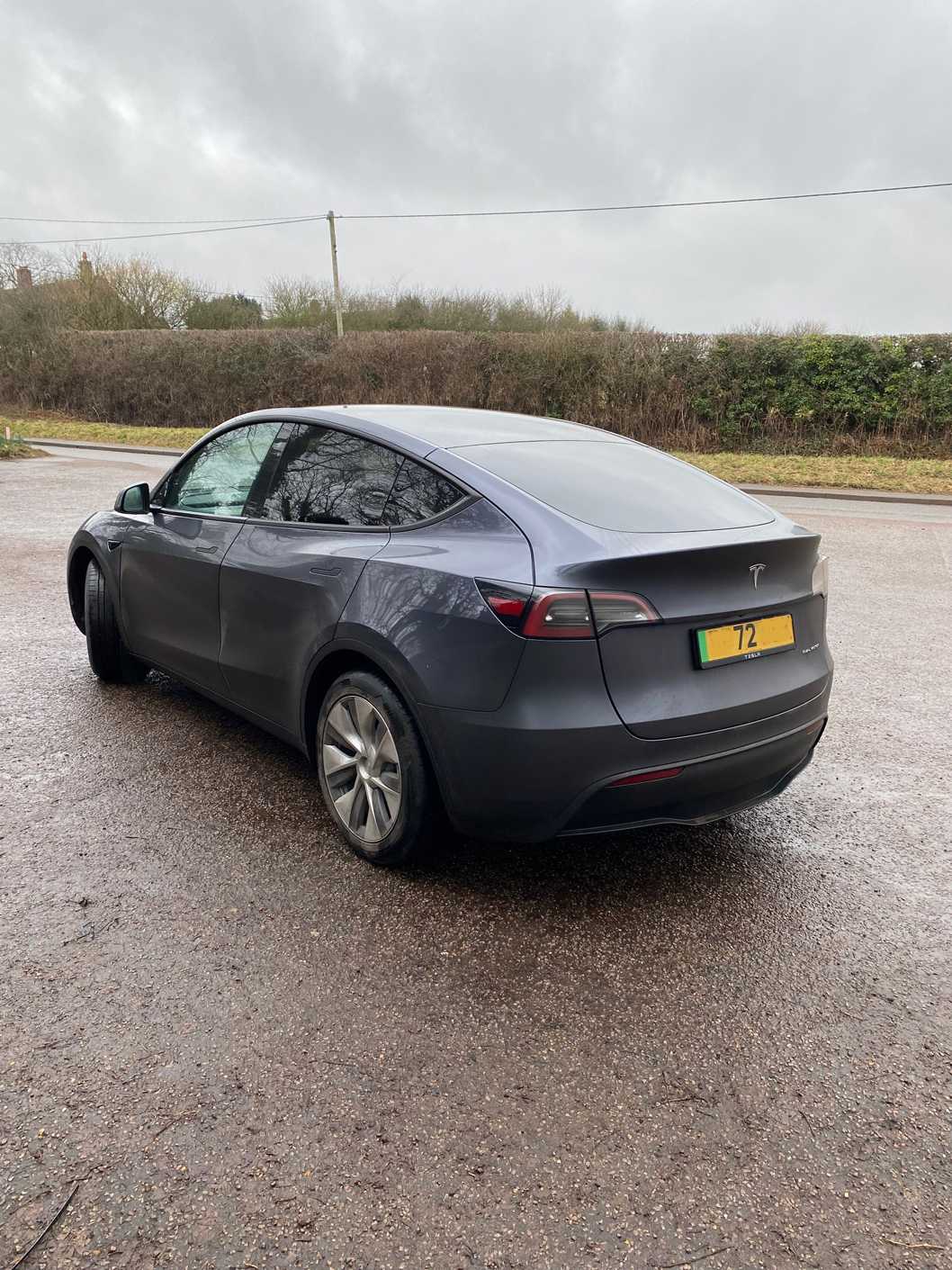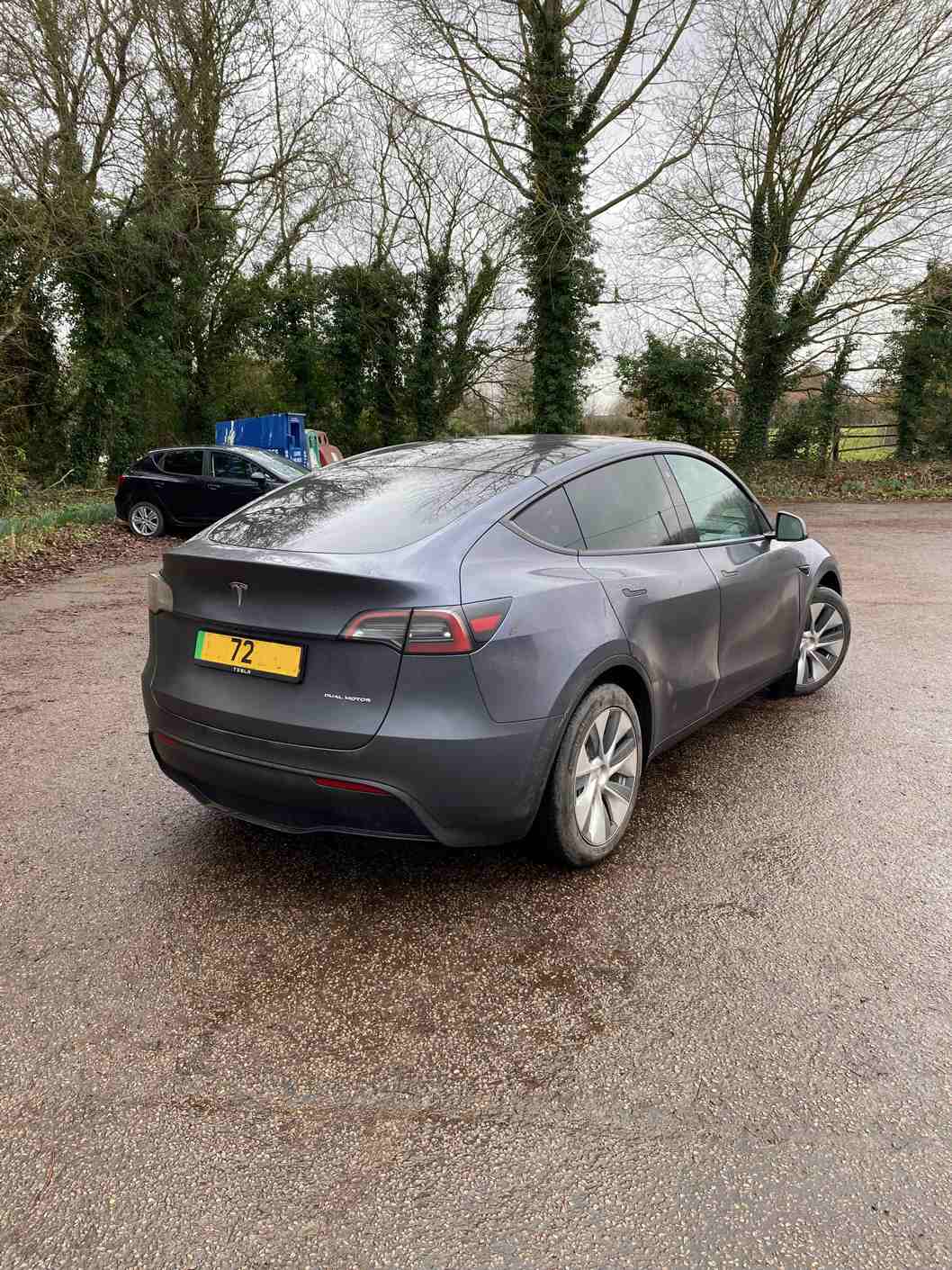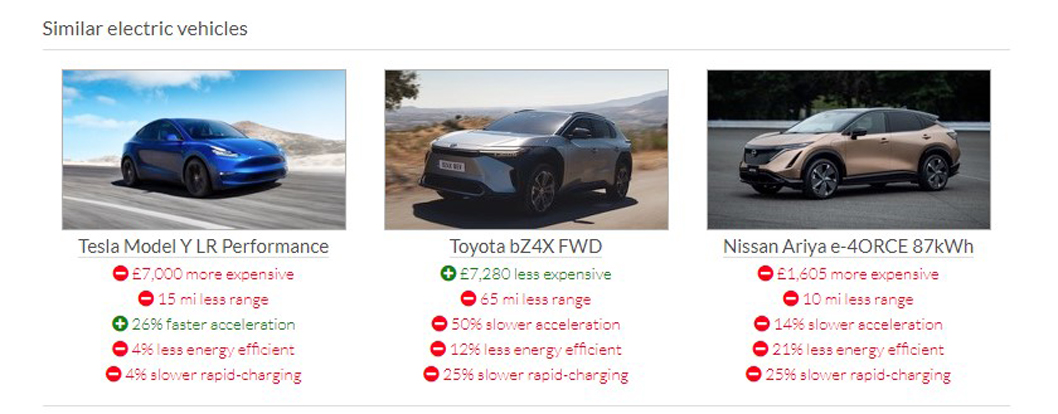
Mon-Fri 9am-5pm
Talk to our friendly electric car leasing experts now: 01942 910 001This website uses cookies to ensure you get the best experience. Learn more
Your definitive guide to leasing an electric car through the business

Leasing an electric car through the business - your definitive guide
The journey to mass-adoption of electric vehicles has been a long one. For those of us selling, or leasing, EVs in 2015, the reasons to “go green” were somewhat nominal compared to what we are experiencing now. There were limited tax advantages, inadequate usable products, an inferior charging infrastructure and a poor choice across the manufacturers.
You do have to credit brands like Nissan, Renault and Tesla for taking brave steps to introduce their product notwithstanding every reason not to do so! And while many of the early adopters to electrification were businesses, there were quandaries over finance methods and solutions, with little known as to how popular this segment would become and what the residual value of an EV would be should it become more mainstream. But is this more clear now? Do businesses understand the benefit to the electric transition?
At e-car lease our primary method of funding is contract hire for both personal and business customers. In simple, contract hire is a USERSHIP based product, which means that the driver or business will never own the vehicle. As the product clearly states, this is a contract for a long term hire of the vehicle.
However, as many of us refer to this as “leasing” we understand that there can be small misnomers or mishaps when appreciating exactly what this product entails. For our customers, the ability to lease, or contract hire, an EV means that they have the opportunity to use a car for a pre-determined amount of time, on a set mileage, with a variable initial rental / deposit and with or without features like maintenance, motor insurance and charge points.

To be clear, subscription or flexi-lease is a different product, where a customer will utilise an EV for a shorter period of time but for a greater cost. In terms of leasing vs subscription, this is very much down to the individual circumstances, as subscription is often an all-encompassing package, where the customer only has to pay for the charge point and energy costs, but this is often at a much higher monthly cost compared to the leasing contract.
Plus subscription will often necessitate vehicle changes more frequently, as opposed to the longer-term commitment of the lease.
When choosing your business lease you are offered a 2, 3 or 4 year contract as standard on most websites, like the one at e-car. When choosing your term, you need to consider how often you like to change a vehicle (bear in mind the rapid change and growth of tech in the BEV segment), your budget (the longer the term, the cheaper the monthly price in general) and other facets like warranty (often 3 years on a new car) or early termination (as a fixed term contract, there are cost consequences for exiting the agreement before its cessation).
You will then need to understand your annual mileage, or that of the company car driver, when asking for a quote. The price of a lease is impacted by the mileage, because this is what impacts the extent of depreciation. Starting from 5,000 and ranging up to 40,000, you need to carefully consider the mileage you will cover.
If your business goes beyond the contract mileage you will pay an excess mileage fee (pence per mile) but if the vehicle ends up with mileage below the intended maximum, you will not receive a refund or rebate. You also have the added complication of the EV, with “range” impacting what option will be suitable. As our expert website sets out - each EV has a different range and rapid charge capability, so for high-mileage users this needs careful consideration. Finding the best deal is relevant only if you secure an EV which meets your needs and requirements.
What is contract hire? Is it the best way to fund an EV?
And to secure a monthly rental, you also have to take into consideration the initial rental you pay in month one. As our website sets out, this can be a factor of 1 (a no deposit deal), 3, 6, 9 or 12. As leasing is not interest bearing in the same way as purchase style products like hire purchase and PCP, comparing the deposit situation is somewhat more obscure.
When a company leases a vehicle, the overall cost of the agreement will remain the same whether there is a small or big deposit used; it will depend on accounting principles, cash flow and funding constraints as to which is preferable. While many price comparison and aggregation websites online or on Google will show cheap monthly rentals, these are often based on a bigger upfront payment.
And this is not an issue, so long as you are aware of the deal structure and the impact on your taxation / cash flow position.
e-car lease are not accountants and we do not give customers financial advice; speak to your accountants and FD before committing to a solution. However, it’s worth identifying some simple elements in the buying vs leasing debate on electric cars, which has grown in popularity recently. When you buy / purchase a car for cash (or with Hire Purchase, Lease Purchase and Contract Purchase) you are able to claim Capital Allowances on that asset.
The amount to which you can reclaim is based on the CO2 of the vehicle. With an EV, which emits 0g/km of CO2, you can claim back a whopping 100% of the vehicle’s cost / OTR in year one.

For more cash-rich companies, this is a great way in which you can minimise your corporation tax exposure. In contrast, with a “Lease”, which includes a contract hire and finance lease arrangement, the company can claim back 100% of any rentals made during that accounting year, which includes the initial rental and any monthly rentals.
For VAT-registered companies, you can claim back up to 50% of the Vat on the finance rentals (or 100% IF a pool car) and 100% of any Vat on the maintenance rentals. And moving away from the tax treatment, you also have to take into account the significance of the finance product.
With purchase-style products you are obligated to own and maintain the vehicle, while incurring ALL the risks of depreciation. In contrast, contract hire does not obligate you in the same way and you can simply return the vehicle at the contract end. In truth, contract hire is more inflexible, but with added protection, whereas purchase products afford more flexibility but less financial certainty.
And should my business get a lease with maintenance included?
Evidence suggest that EVs are cheaper and need less servicing than their combustion alternatives. But it doesn’t mean that they don’t need to be looked after in accordance with the manufacturer’s recommendations or in conjunction with our select finance companies stipulations.
With fewer parts and components, there is much less to go awry or what needs to be replaced and much of the service updates can be done “over the air” with regular downloads directly from your vehicle. But brakes, tyres, suspension and safety checking is still advised, if you want to ensure you are managing your fleet safely and securely in conjunction with your road risk policy.
With contract hire you can either do this yourself via a driver-maintained agreement or, for an additional monthly cost, utilise a funder-maintained agreement. This ensures you include the cost for all servicing, maintenance, tyre replacement and breakdown within the arrangement. For complete cost certainty (other than a charge point, charging cost and motor insurance) this is the route to take.
With regards to a charge point, your business needs to agree on a direction at the workplace and with your drivers at home. For any infrastructure improvements, speak to the team at Raw Charging to ascertain how this can be achieved.
For home or domestic solutions, Rightcharge can help your drivers ascertain the purchase and installation costs. Unfortunately, we cannot add this to your contract hire agreement and this needs to be financed separately. And for motor insurance, if your fleet policy for company car and salary sacrifice drivers does need updating, speak to the team at Churchill Insurance who offer specialist EV car and van insurance arrangements.
And can ANY business or company lease an EV? As we will cover in a future post, there are certain requirements with our select funders and this needs to be carefully considered.
Tesla Model Y Hatchback Long Range AWD 5dr Auto (Pure Electric Vehicle)
In terms of the car shown, the Tesla Model Y Hatchback Long Range AWD 5dr Auto (Pure Electric Vehicle), this is based on the following configuration:
- Midnight Silver Multi coat Paint
- Premium engineered material - Black seat
- Premium open pore wood décor
- 19" Gemini alloy wheels
And is the Tesla Model Y the perfect company car ?
The SUV option uses a 75 kWh usable battery which will deliver 378kW (or 507hp), 0 - 62 times of 5 seconds and top speeds of 135 mph.
Combined real ranges are at 225 miles in cold weather and 310 miles in warmer weather (on a full charge). In terms of charging times / capabilities - the standard 11 kW AC max allows a 0 - 100% session in around 8 hours and 15 mins with the 250 kW DC rapid charge enabling 27 minute 10 - 80% times.
A monumental 854L cargo volume is available with this SUV. And for any caravan / trailer customers needing towing capabilities - the Model Y will enable 1600 kg (braked) and the 750 kg (unbraked). See our the latest Model Y deals here
If you are looking at the Tesla Model Y on lease then also consider the similar EVs below which includes the Toyota bZ4X, the LR Performance Model Y and the Nissan Ariya e-4ORCE:

e-car lease work alongside these select finance companies:





e-car lease have a partnership and affiliation with:



Register & get new deals weekly
 Exclusive offers
Exclusive offers
 Electric-only deals
Electric-only deals
 Never miss out
Never miss out

Talk to one of our experts
01942 910 001 Email usLeasing


© Copyright 2025 e-car lease. All rights reserved. e-car lease is a trading name of CarLease (UK) Ltd, e-car lease is a credit broker and not a lender. We are authorised and regulated by the Financial Conduct Authority. Registered No: 706617. BVRLA Membership No. 1471. Registered in England & Wales with Company Number: 09312506 | Data Protection No: ZA088399 | VAT No: 200422089 | Registered Office: Kings Business Centre, Warrington Road, Leigh, Greater Manchester, WN7 3XG
Made by morphsites®












